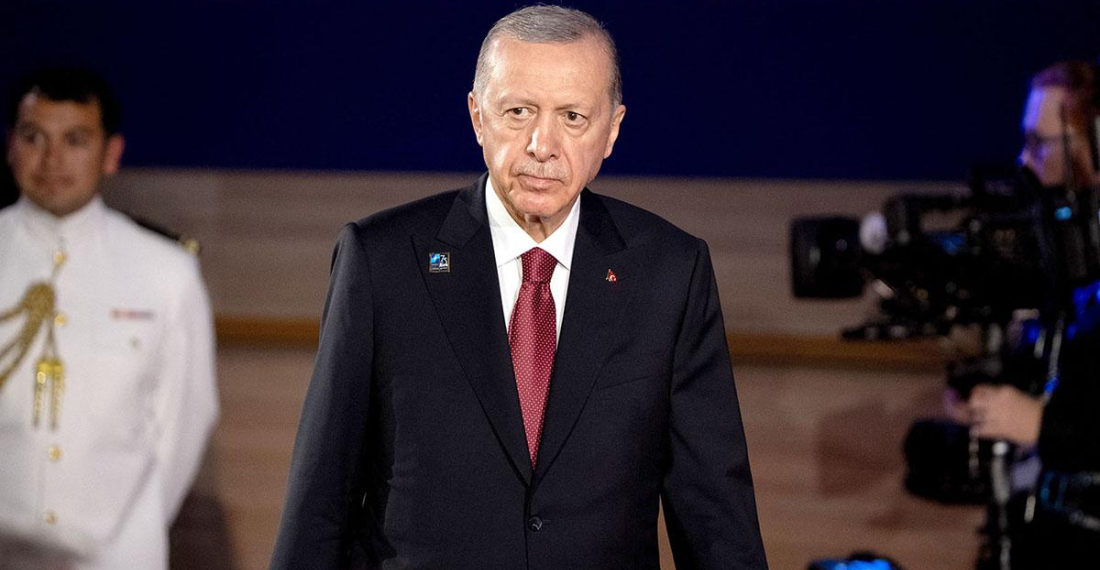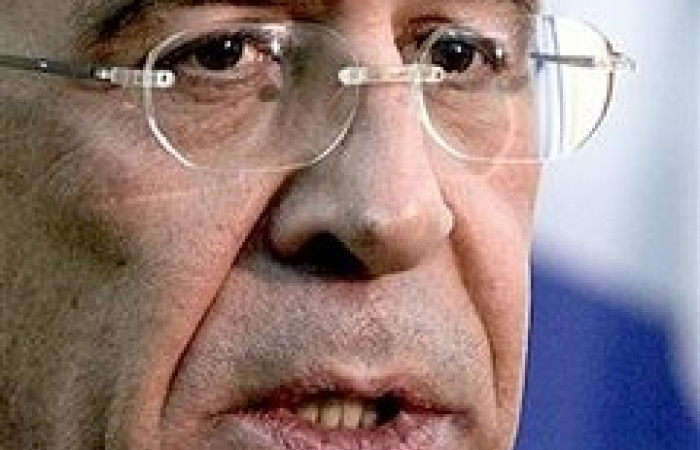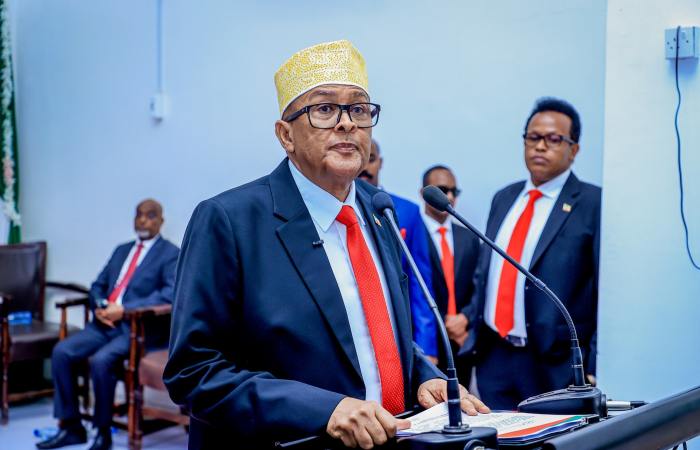Turkey is negotiating with Qatar and Oman to acquire used Eurofighter Typhoon fighter jets as part of its effort to bolster its air force capabilities. Following a three-day tour of Kuwait, Qatar, and Oman last week in which he oversaw the signing of several agreements, including in the defense sector, President Recep Tayyip Erdogan said that Turkey aims to purchase dozens of Eurofighters and other advanced jets as a stopgap measure to strengthen its fleet until its domestically developed fifth-generation KAAN fighter jet becomes operational.
In July, Turkey and United Kingdom signed a preliminary agreement for the sale of Eurofighter Typhoons, which are produced by a consortium made up of the U.K., Germany, Italy and Spain. However, reports seen by Associated Press indicate that the Turkish government is also seeking to source secondhand jets from Gulf nations to meet its immediate needs.
“We discussed the ongoing negotiations with the Qatari and Omani sides regarding the purchase of Eurofighter warplanes,” Erdogan told journalists on 23 October during a flight on his Gulf tour. “The talks on this technically detailed matter are progressing positively,” he said.
Turkey, a member of NATO, is also pursuing the country’s return into the U.S.-led F-35 fighter jet programme, from which it was removed in 2019 following its acquisition of Russian-made S-400 missile defense systems. The U.S. had cited security risks to the F-35 program. Erdogan raised the issue of Turkey’s reentry into the program during a meeting with U.S. President Donald Trump at the White House last month.
Turkish officials have stated that the country plans to acquire a total of 120 fighter jets, 40 Eurofighters, 40 U.S.-made F-16s and 40 F-35s, as a transitional fleet until the KAAN is expected to enter service in 2028 at the earliest.






